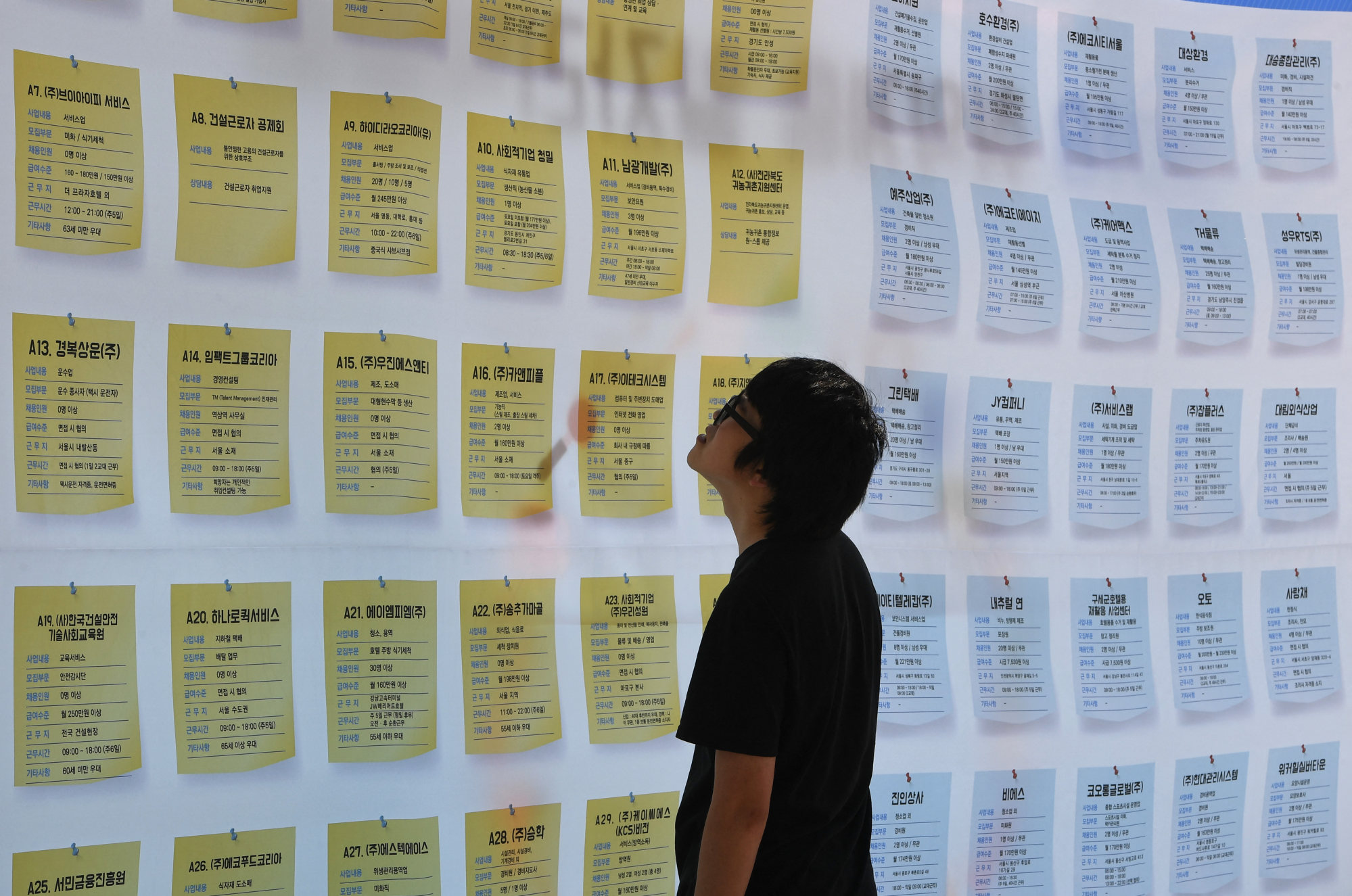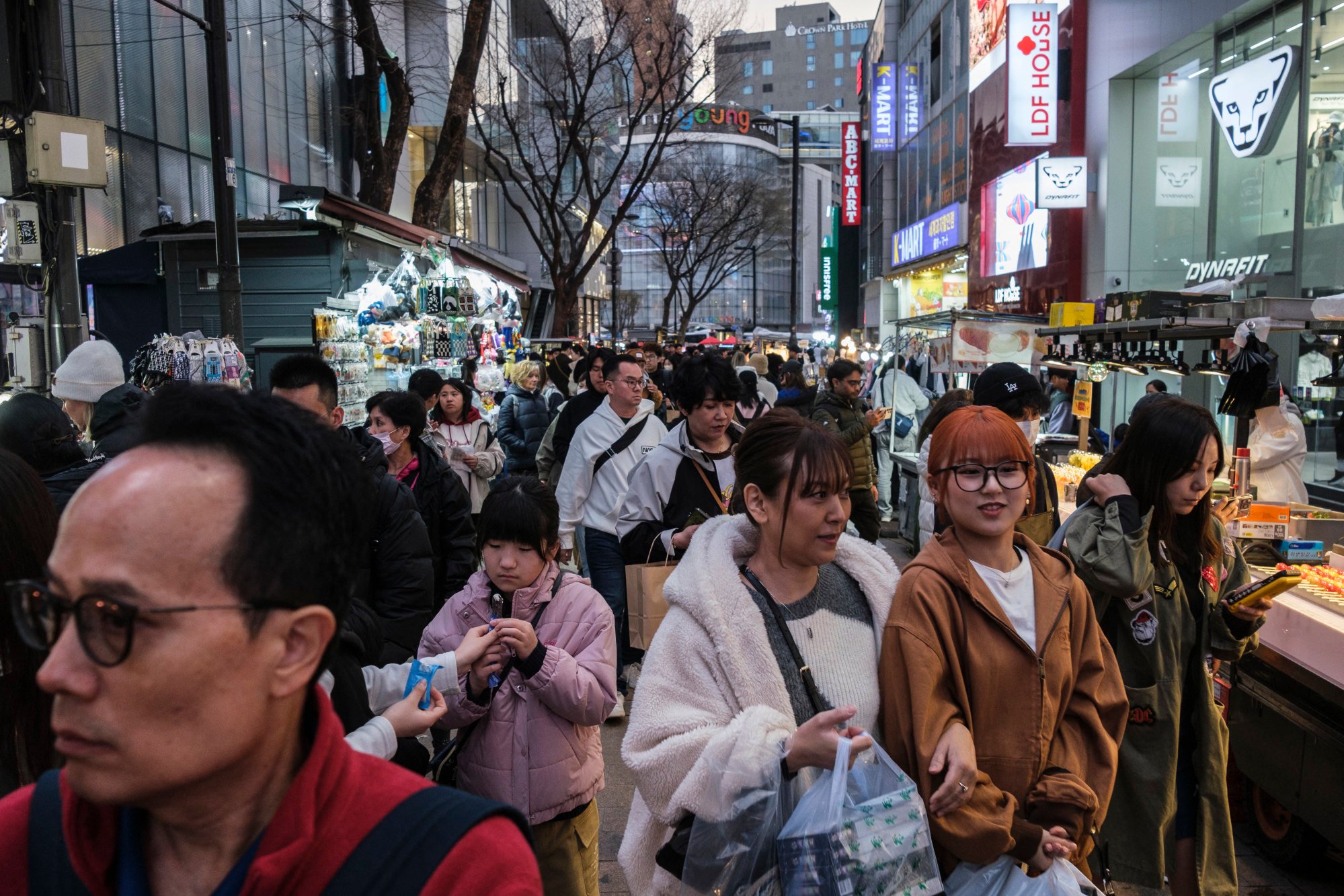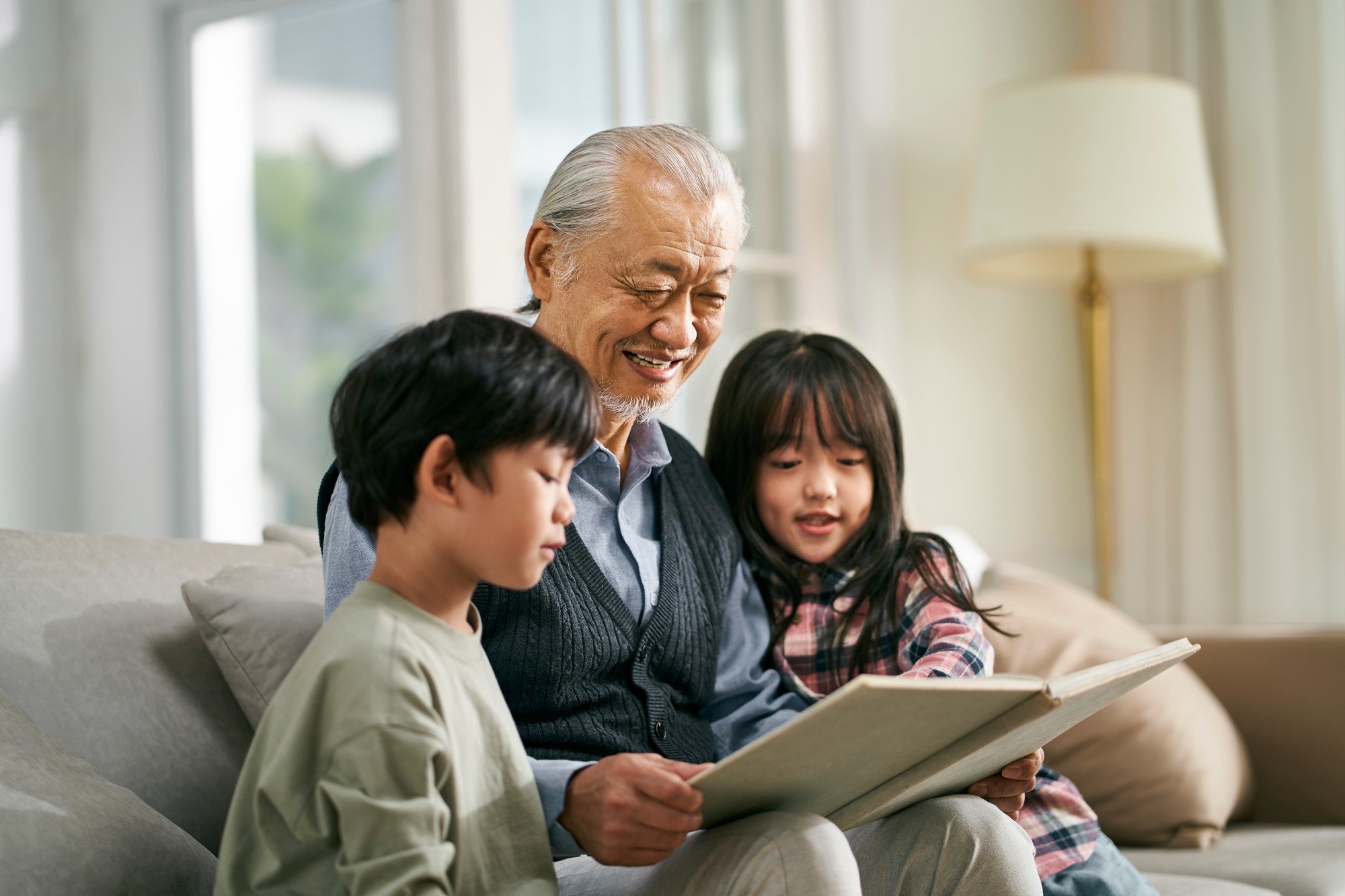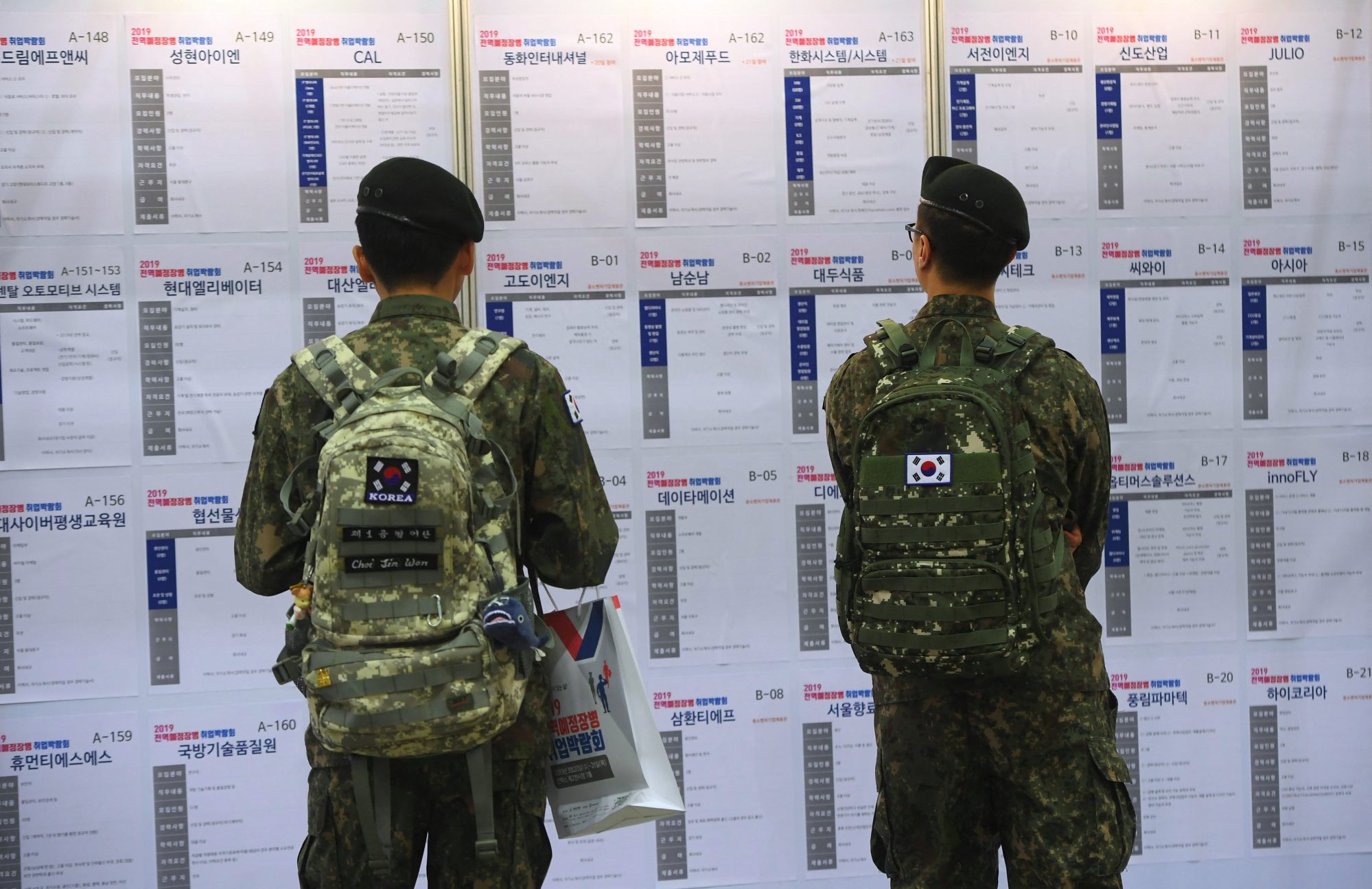By Yi Whan-woo
Kim Young-joon, 30, increasingly bickers with his parents over minor issues as the years go by. Despite obtaining a master’s degree, he turned down job offers because he felt they didn’t match his educational level, and has been unemployed since.
“My parents say it is stressful to see me at home day and night, hurting my feelings and making me react sensitively whenever I see them,” Kim says.
“I’m afraid this situation will get worse as I get older, because it gets tougher to land a decent job and become financially self-reliant.”

Kim is among the two-thirds of South Koreans aged between 25 and 34 who either live with their parents, or lack economic independence though they live separately from their parents. They are collectively called the “kangaroo tribe”.
According to a Korea Employment Information Service study, in 2020, 66 per cent of Koreans aged between 25 and 34 belonged to this group.
The rate has hovered in the 60 per cent range for years; it was 62.8 per cent in 2012, 66.6 per cent in 2016 and 68 per cent in 2018.
In 2020, 73.4 per cent had no college diploma, and 69.4 per cent were from Seoul or the greater Seoul area.
The cost of dealing with the kangaroo tribe will grow bigger as the individuals get older and their parents retire, because the government will need to help them literally survive
Unemployed individuals accounted for 47.4 per cent of the entire kangaroo tribe in 2012. The proportion went up to 66 per cent in 2020.
However, that does not mean all employed children were living independently from their parents.
Some 72.2 per cent of those working temporary jobs, not earning sufficient wages or experiencing other unstable employment circumstances said they had not moved away from their parents.
Some other children who live with their parents well into adulthood said they go to graduate school or had just completed mandatory military service.

An expert warns that the kangaroo tribe can “hurt not only households but also the country’s economy”.
“The cost of dealing with the kangaroo tribe will grow bigger as the individuals get older and their parents retire, because the government in the end will need to support them and help them literally survive,” said Jeon Young-soo, a professor at Hanyang University’s Graduate School of International Studies.
Jeon suggested that parents cease supporting adult children financially.
“The children will need to find all possible means to survive on their own regardless of the economic challenges they face,” he said.
Meanwhile, more grandparents in Korea are spending time and money on their grandchildren, as high inflation and a dwindling population make it tougher for parents to take care of their children on their own, data released on June 6 showed.

The data, compiled by Shinhan Card, showed individuals aged 60 or older frequented kids’ cafés, or indoor playgrounds for children, significantly more in the January-September period of 2023 compared to 2019 – the increase was 80 per cent.
Over the same period, these individuals’ visits to children’s hospitals increased by 59 per cent, while their spending on learning materials for children surged a whopping 115 per cent.
“Many seniors are classified as financially stable baby boomers who are increasingly becoming grandparents and are willing to share time and money for the benefit of their children,” Shinhan Card said.

It also said that the escalating cost of living is driving greater reliance on grandparents for assistance in raising children.
In 2023, those aged 65 and older accounted for 18.4 per cent of the country’s entire population.
The country is set to become a super-aged society in 2025, when the age group is forecast to form 20 per cent of the population.

